Even if Apple were to pay out the highest possible $450 million price in its ebook antitrust litigation settlement, it wouldn't put much of a dent in the company's billions of dollars in cash.
Shares of Apple are only off a few dollars, down to around $94 as of Thursday afternoon, since news broke this week that the iPad maker has agreed to settle claims made by U.S. states that it participated in anticompetitive practices that raised e-book prices for consumers.
Include J.P. Morgan analyst Rod Hall among those on Wall Street who isn't fazed by the damages that Apple may incur. He said in a note to investors on Thursday that even if Apple were to pay out the maximum $450 million, the effect on the company's balance sheet and earnings would be "immaterial."
As of the end of last quarter, Apple had $156 billion in cash, with about $18 billion of it held domestically.
It was announced on Wednesday that Apple has agreed to pay up to $450 million to settle the ebook price fixing suit that was brought on the company by 33 states and territories. Up to $400 million of that payment will go to consumers affected by Apple's iBookstore pricing.
The lawsuit originally sought $840 million from Apple, meaning the company's settlement would save it nearly $400 million from what the plaintiffs were after. But while Apple has agreed to the terms of the settlement, they must still be ratified by U.S. District Judge Denise Cote.
If Cote does not affirm the ruling and decides that Apple must be retried, the settlement amount shrinks to a recovery of just $50 million for consumers and $20 million for attorneys fees and states. Apple could also still pay nothing if it's determined that the company did not violate antitrust laws.
Apple led the charge in convincing publishers to switch to a so-called "agency" pricing model. That prevented content owners from being able to sell the same titles at a lower price elsewhere, without offering the same price on Apple's iBooks platform — a "most favored nations" clause.
In contrast, the e-book industry prior to the launch of the first iPad was under the "wholesale model" preferred by Amazon. In that model, resellers such as Amazon had the power to set prices, selling titles at or below cost if they chose to do so.
The U.S. government has taken issue with Apple's approach, asserting that the company illegally worked with the five major publishers to raise prices on ebooks, hurting consumers in the process. Apple is also in the midst of a separate lawsuit filed against it by the U.S. Department of Justice.
 Neil Hughes
Neil Hughes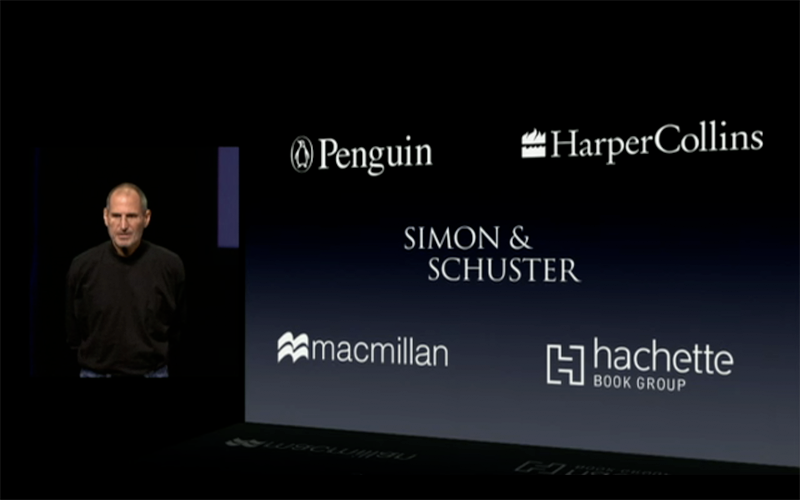
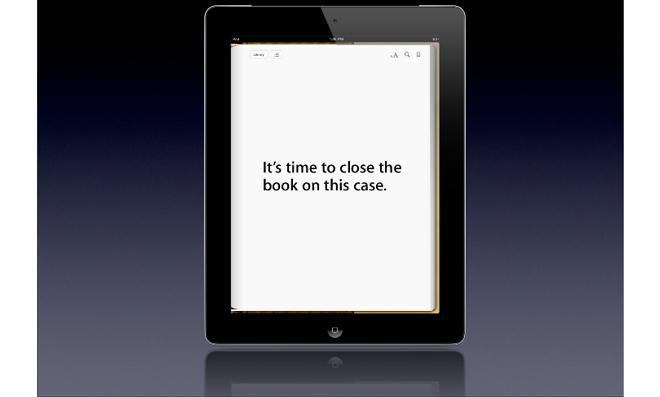


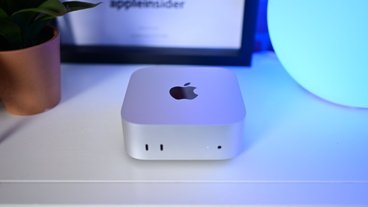
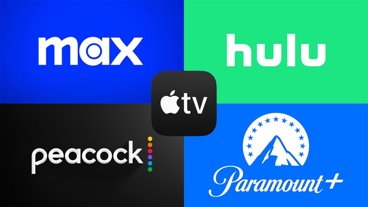


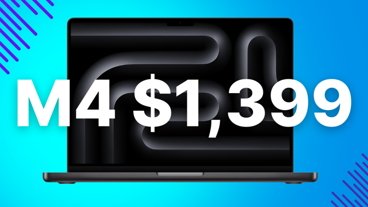







 Christine McKee
Christine McKee

 Thomas Sibilly
Thomas Sibilly


 Marko Zivkovic
Marko Zivkovic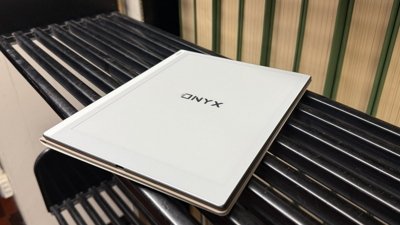
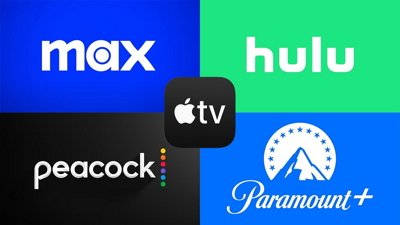








7 Comments
The monetary amount is inconsequential. The damage from the legal precedent is irreparable. The Gov basically decided make Amazon the sole gatekeeper of all book publishing.
Thank goodness that even if Apple is fined for doing this, the fine is meaningless. I don't want silly old consumer protection laws having the slightest impact on godlike mega-corporations' ability to do anything they please. Too big to care.
Please don’t comment on a topic unless you comprehend it.
[quote name="manfrommars" url="/t/181406/maximum-450m-payout-in-ebook-settlement-immaterial-to-apples-bottom-line#post_2565507"]Thank goodness that even if Apple is fined for doing this, the fine is meaningless. I don't want silly old consumer protection laws having the slightest impact on godlike mega-corporations' ability to do anything they please. Too big to care. [/quote]nice try but no one trolls better than me. This is a weak troll at best.
Sorry fanboi. Ok, note to self, Apple is perfect, criticize nothing.